Ravi Shankar, KBE (Bengali pronunciation: ; born Robindro Shaunkor Chowdhury,sometimes spelled as Rabindra Shankar Chowdhury; 7 April 1920 – 11 December 2012) was an Indian sitarist and composer. A sitar virtuoso, he became the world’s best-known expert of North Indian classical music in the second half of the 20th century, and influenced many musicians in India and throughout the world. Shankar was awarded India’s highest civilian honour, the Bharat Ratna, in 1999.
Shankar was born to a Bengali family in India, and spent his youth as a dancer touring India and Europe with the dance group of his brother Uday Shankar. At age 18, he gave up dancing to pursue a career in music, studying the sitar for seven years under court musician Allauddin Khan. After finishing his studies in 1944, Shankar worked as a composer, creating the music for the Apu Trilogy by Satyajit Ray, and was music director of All India Radio, New Delhi, from 1949 to 1956. He was nominated for the Academy Award for Best Original Score for scoring the blockbuster Gandhi (1982)
In 1956, Shankar began to tour Europe and the Americas playing Indian classical music and increased its popularity there in the 1960s through teaching, performance, and his association with violinist Yehudi Menuhin and Beatles guitarist George Harrison. His influence on Harrison helped popularize the use of Indian instruments in Western pop music in the latter half of the 1960s. Shankar engaged Western music by writing compositions for sitar and orchestra and toured the world in the 1970s and 1980s. From 1986 to 1992, he served as a nominated member of Rajya Sabha, the upper chamber of the Parliament of India. He continued to perform until the end of his life. He was a recipient of numerous prestigious musical accolades, including a Polar Music Prize and five Grammy Awards, including Album of the Year for The Concert for Bangladesh in 1973.
Early life
Shankar was born on 7 April 1920 in Benares (now Varanasi), then the capital of the eponymous princely state, in a Bengali family, as the youngest of seven brothers. His father, Shyam Shankar Chowdhury, was a Middle Temple barrister and scholar who originally from Jessore district, East Bengal (now Bangladesh). A respected statesman, lawyer and politician, he served for several years as dewan (Prime minister) of Jhalawar, Rajasthan, and used the Sanskrit spelling of the family name and removed its last part. Shyam was married to Hemangini Devi who hailed from a small village named Nasrathpur in Mardah block of Ghazipur district, near Benares and her father was a prosperous landlord. Shyam later worked as a lawyer in London, England, and there he married a second time while Devi raised Shankar in Benares and did not meet his son until he was eight years old.
Shankar shortened the Sanskrit version of his first name, Ravindra, to Ravi, for “sun”. Shankar had five siblings: Uday (who became a choreographer and dancer), Rajendra, Debendra and Bhupendra. Shankar attended the Bengalitola High School in Benares between 1927 and 1928.
At the age of 10, after spending his first decade in Benares, Shankar went to Paris with the dance group of his brother, choreographer Uday Shankar. By the age of 13 he had become a member of the group, accompanied its members on tour and learned to dance, and play various Indian instruments. Uday’s dance group travelled Europe and the United States in the early to mid-1930s and Shankar learned French, discovered Western classical music, jazz, cinema and became acquainted with Western customs. Shankar heard Allauddin Khan – the lead musician at the court of the princely state of Maihar – play at a music conference in December 1934 in Calcutta, and Uday persuaded the Maharaja of Maihar H.H Maharaja Brijnath singh Judev in 1935 to allow Khan to become his group’s soloist for a tour of Europe. Shankar was sporadically trained by Khan on tour, and Khan offered Shankar training to become a serious musician under the condition that he abandon touring and come to Maihar.
Awards- Ravi Shankar in Delhi in 2009
Indian Government honours
- Bharat Ratna (1999)
- Padma Vibhushan (1981)
- Padma Bhushan (1967)
- Sangeet Natak Akademi Award (1962)
- Sangeet Natak Akademi Fellowship (1975)
- Kalidas Samman from the Government of Madhya Pradesh for 1987–88
Other governmental and academic honours
- Ramon Magsaysay Award (1992)
- Commander of the Legion of Honour of France (2000)
- Honorary Knight Commander of the Order of the British Empire (KBE) for “services to music” (2001)
- Honorary degrees from universities in India and the United States.
- Honorary member of the American Academy of Arts and Letters
- Honorary Doctor of Laws from the University of Melbourne, Australia (2010)
Arts awards
- 1964 fellowship from the John D. Rockefeller 3rd Fund
- Silver Bear Extraordinary Prize of the Jury at the 1957 Berlin International Film Festival (for composing the music for the movie Kabuliwala).
- UNESCO International Music Council (1975)
- Fukuoka Asian Culture Prize (1991)
- Praemium Imperiale for music from the Japan Art Association (1997)
- Polar Music Prize (1998)
- Five Grammy Awards
1967: Best Chamber Music Performance – West Meets East (with Yehudi Menuhin)
1973: Album of the Year – The Concert for Bangladesh (with George Harrison)
2002: Best World Music Album – Full Circle: Carnegie Hall 2000
2013: Best World Music Album – The Living Room Sessions Pt. 1
Lifetime Achievement Award received at the 55th Annual Grammy Awards - Nominated for an Academy Award for Best Original Score, along with George Fenton, for Gandhi.
- Posthumous nomination in the 56th Annual Grammy Awards for his album “The Living Room Sessions Part 2”.
- First recipient of the Tagore Award in recognition of his outstanding contribution to cultural harmony and universal values (2013; posthumous)
Other honours and tributes
- 1997 James Parks Morton Interfaith Award
- American jazz saxophonist John Coltrane named his son Ravi Coltrane after Shankar.
- On 7 April 2016 (his 96th birthday), Google published a Google Doodle to honour his work. Google commented: “Shankar evangelized the use of Indian instruments in Western music, introducing the atmospheric hum of the sitar to audiences worldwide. Shankar’s music popularized the fundamentals of Indian music, including raga, a melodic form and widely influenced popular music in the 1960s and 70s.”.
- In September 2014, a postage stamp featuring Shankar was released by India Post commemorating his contributions.
Born: Ravindra Shankar Chowdhury 7 April 1920 Benares, Benares State, British India
Died: 11 December 2012 (aged 92) San Diego, California, US

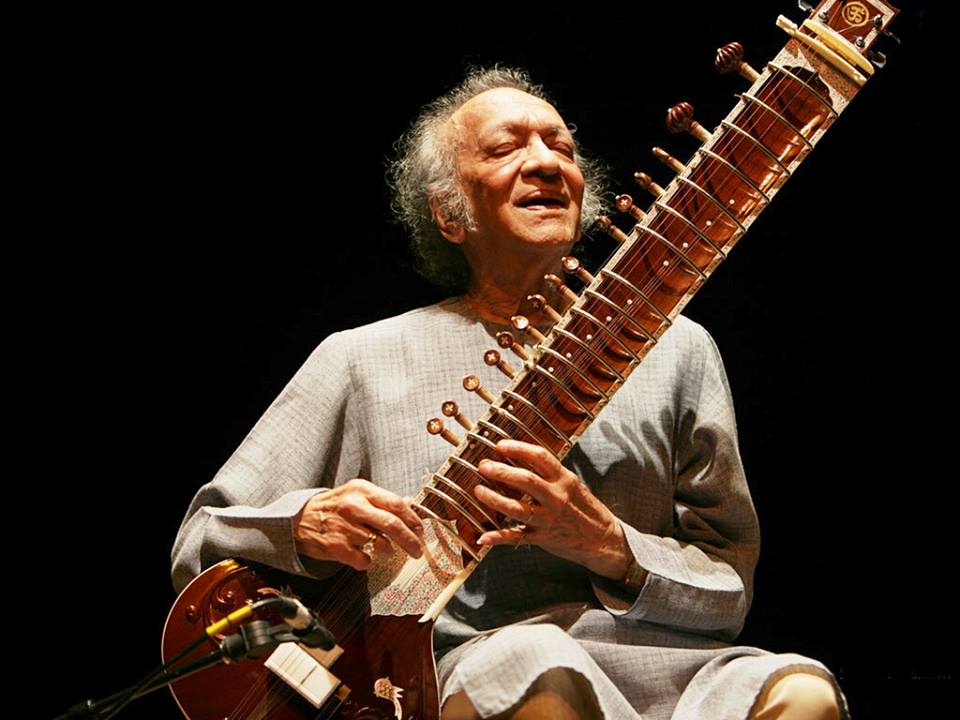







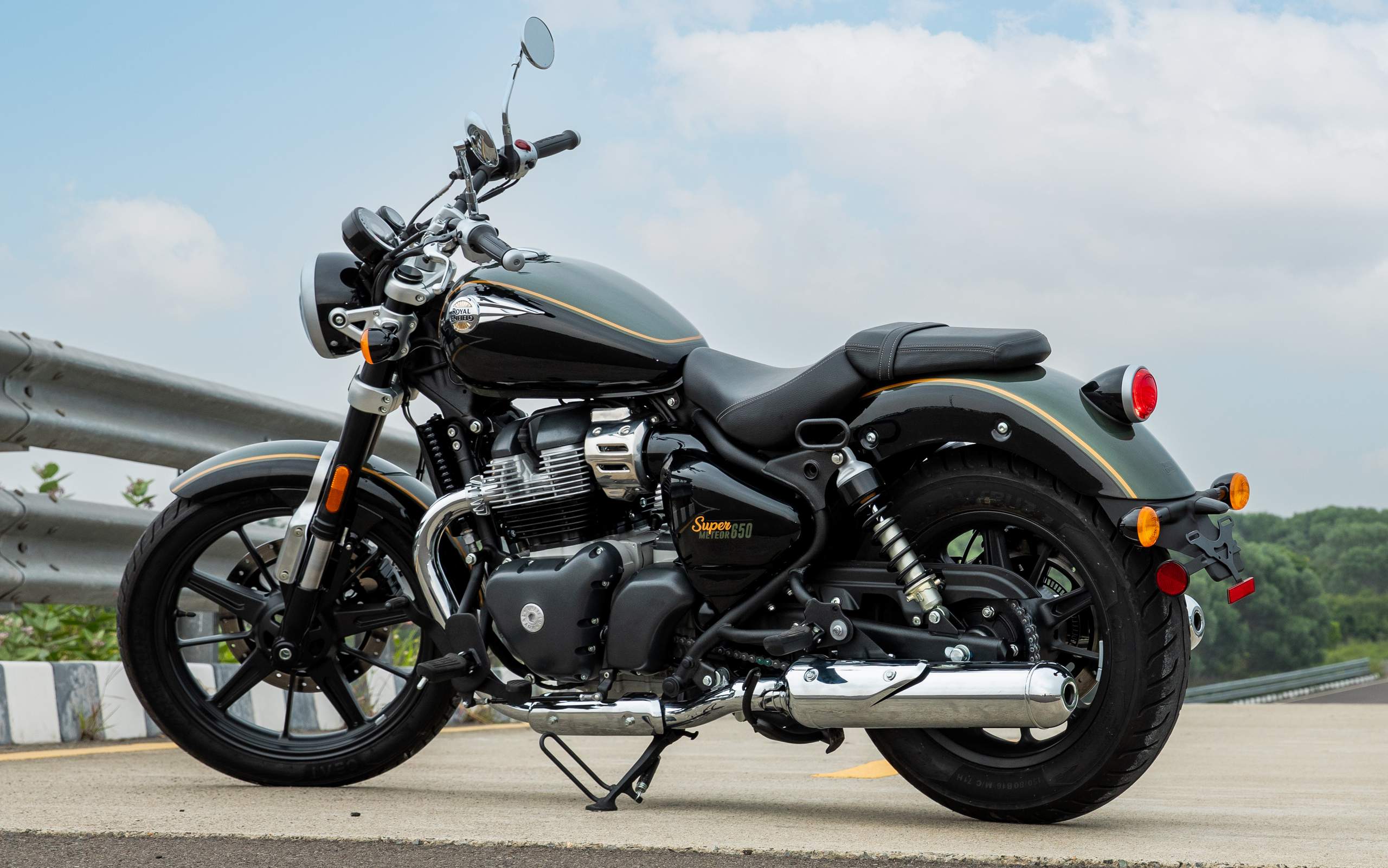
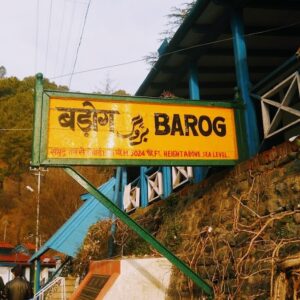



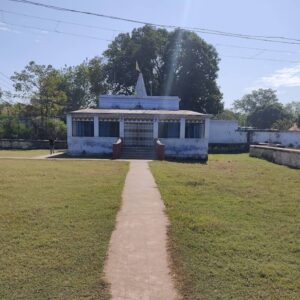


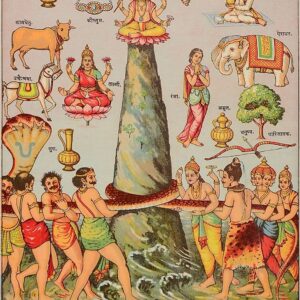

Reviews
There are no reviews yet